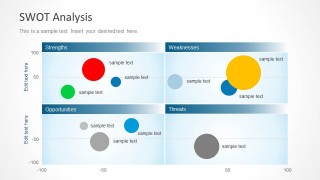Learn more how to embed presentation in WordPress
- Slides
- 8 slides
Published Jan 4, 2013 in
Business & Management
Direct Link :
Copy and paste the code below into your blog post or website
Copy URL
Embed into WordPress (learn more)
Comments
comments powered by DisqusPresentation Slides & Transcript
Presentation Slides & Transcript
The Gold for Cash Industry Explained – Valuations and Commissions on Jewellery
Selling gold for cash has become more prevalent in the last few years, as investors have moved towards the precious metal as a way of protecting portfolios.
The financial crisis had a deep effect on the viability of what used to be traditional portfolio items. Fluctuating values and uncertain markets became a vicious circle, a self-fulfilling prophecy in which value bled out of previously cast-iron holdings.
This has trickled down through layers into the public marketplace –in other words, the rise in popularity of gold for cash outlets has been caused by the demand for gold on the part of investment brokers.
In the same way that copper pipe becomes sought after when the price of scrap metal rises, the price of gold has gone up publically because there’s bigger demand for it privately.
Selling gold for cash, provided you can get the right price for the metal, can represent a viable alternative to applying for short term loans or selling other items whose value in money terms may not accurately express their value in life terms.
A necklace may hold sentimental value – but in a choice between selling a gold pendant and a car, the prudent family may pick the item that it doesn’t rely on for commuting.
The industry works by slightly devaluing the gold sold at street level. That is, when a person sells gold for cash to a dealer or institution, he or she is paid what the gold is worth minus a commission.
That commission is the dealer’s payment for removing the gold from public circulation and injecting it into the investment industry.
All of these factors conspire to produce the prices offered on the street at gold for cash stores.
Everyone involved in a business transaction obviously wants to make money – the single owner of a piece of jewellery is therefore paid a price that represents value to him or to her – but which is not reflective of the ultimate value of the gold once it ends up in an investment portfolio.
Selling gold only works for the street level owner when his or her jewellery items are properly hallmarked and assayed.
A prospective seller should really have some idea of the purity and value of his or her gold before sale, to ensure that the price he or she receives is acceptable
END
More Presentations

By selldonatetrade
Published Jan 4, 2013

By selldonatetrade
Published Jan 5, 2013





